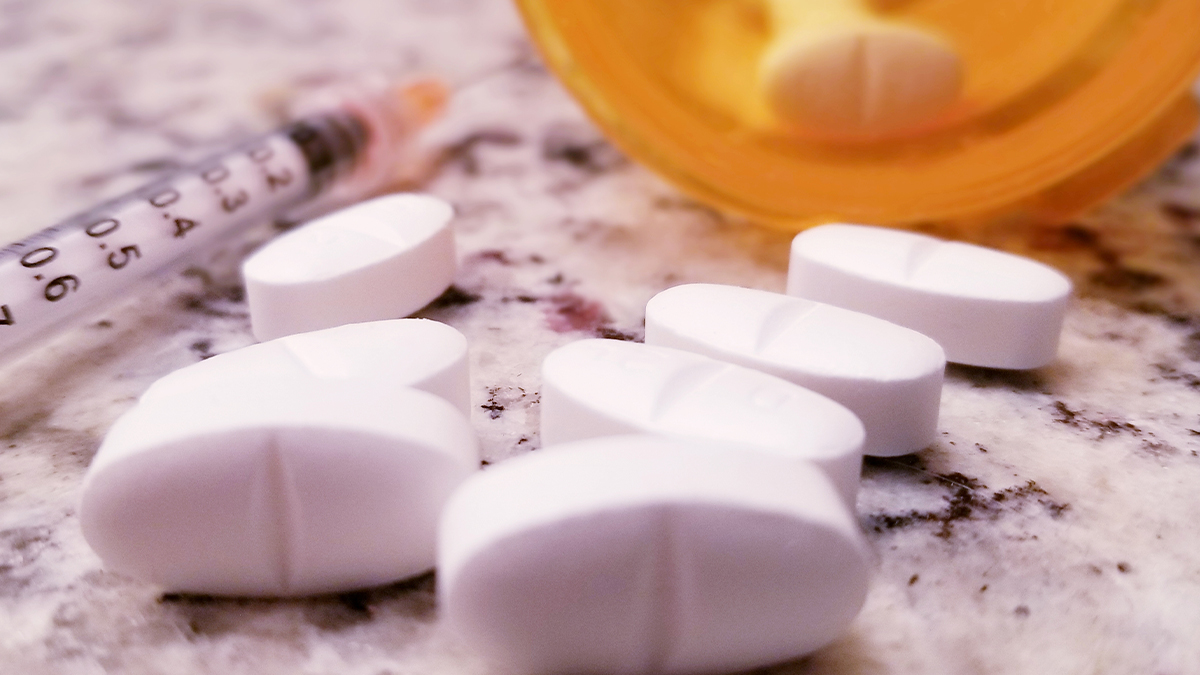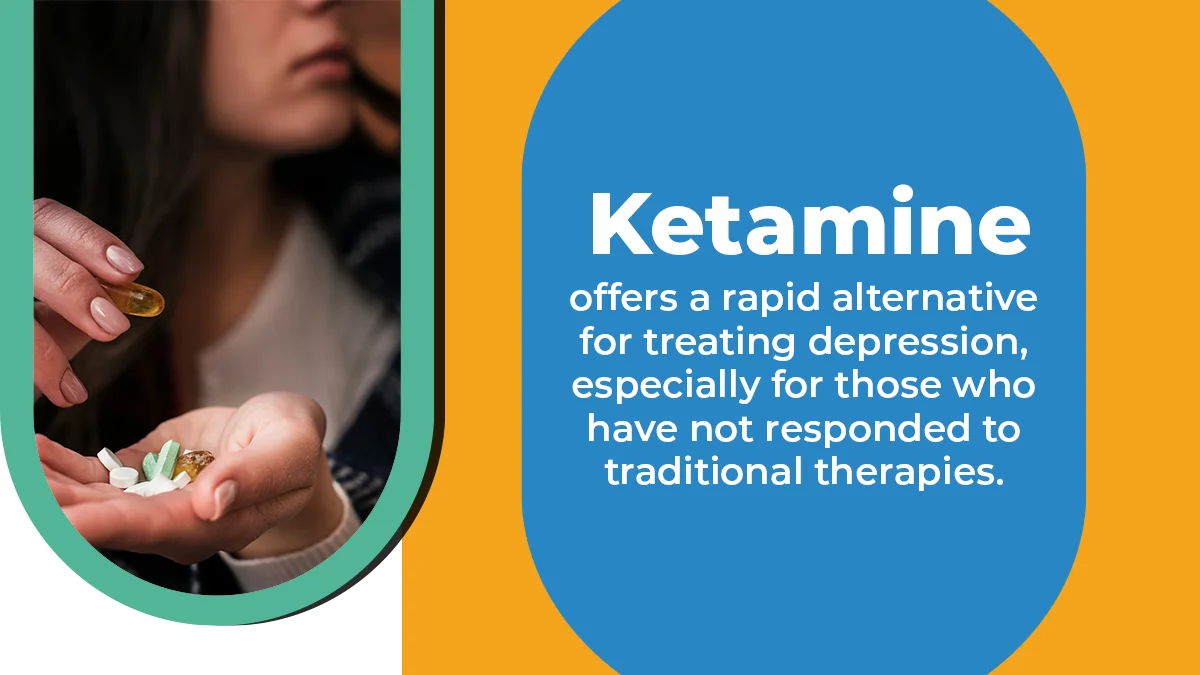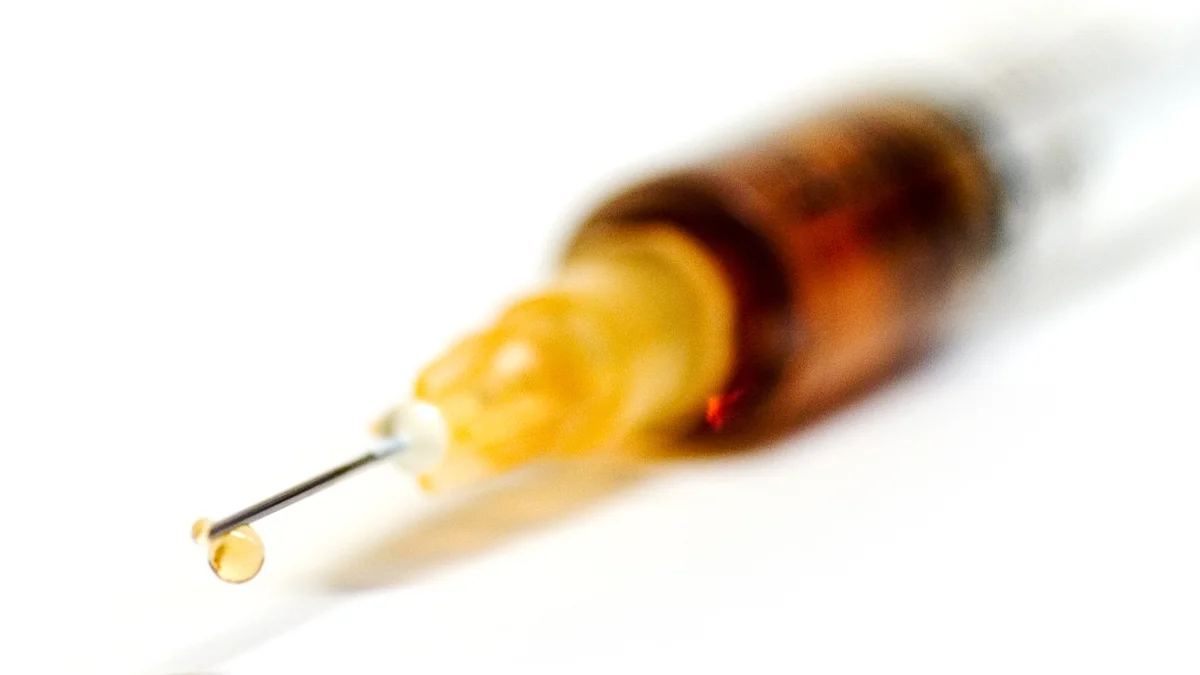
Lyrica With Suboxone: Risks And Safe Practices
The Recovery Team-Newton explores whether taking Lyrica with Suboxone is safe. Explore potential risks and guidelines

Depression is a challenging mental health condition that affects millions in the United States. Traditional treatments, like antidepressants and therapy, can be effective but may not work for everyone. Recently, ketamine has emerged as a new option for those struggling with severe depression.
Originally used as an anesthetic, ketamine is now being studied for its potential to rapidly improve mood in people who haven’t found relief with other treatments. Read on to explore how ketamine works, its potential benefits, and associated risks before considering it as a treatment for depression.
Ketamine is a promising treatment for depression, offering new hope for those struggling with severe cases. Here is what you need to know:
If you’re struggling with ketamine addiction, The Recovery Team-Newton offers comprehensive care to support your recovery. Contact us at (508) 978-2772 today.

Ketamine is a medication that was initially used as an anesthetic. Doctors used it to make patients sleep and feel no pain during surgeries. It works by blocking certain brain signals that control pain and consciousness. Over the years, ketamine has also been found to have other effects beyond anesthesia.
Recently, researchers discovered that ketamine might also help people with major depressive disorder (MDD). Unlike traditional antidepressants, which can take weeks to work, ketamine can often provide relief within hours. This rapid effect is significant for those who have not responded to other treatments.
In depression treatment, ketamine is usually given through an intravenous (IV) drip or nasal spray in a controlled setting, such as a ketamine clinic. It can be used alongside other therapies or medications. While it shows promise, it is still being studied to understand the best ways to use it and its long-term effects.
Ketamine offers a unique approach to the treatment of depression, different from traditional antidepressant medications. Here’s a look at how it operates.
Ketamine affects the brain in several ways. When administered, it quickly alters brain activity and mood. This rapid change in brain function can help relieve symptoms of depression faster than other treatments. Ketamine’s impact is mainly through its effect on certain brain receptors and pathways, which are different from those targeted by traditional antidepressants.
One key mechanism of ketamine is its role as an NMDA receptor antagonist. NMDA receptors are involved in brain communication and memory. By blocking these receptors, ketamine reduces excessive brain signaling that can contribute to depression. This blockage helps restore a more balanced brain function, which can lead to improved mood and mental health.
Ketamine also influences neuroplasticity, which is the brain’s ability to adapt and reorganize itself. It promotes the growth of new connections between brain cells, helping to repair the neural circuits disrupted by depression. This enhancement in neuroplasticity can lead to long-lasting improvements in mood and cognitive function, which is a major benefit over traditional antidepressants.
Traditional antidepressants, such as selective serotonin reuptake inhibitors (SSRIs), typically take several weeks to show effects. They work by increasing levels of serotonin in the brain, which helps regulate mood. In contrast, ketamine works much faster and through different pathways. Its ability to provide rapid relief makes it a valuable option for those who haven’t responded well to conventional treatments.
Ketamine offers several potential benefits that make it an attractive option for some patients with depression. Let’s take a closer look at these benefits:
One of the biggest advantages of ketamine is its ability to provide rapid relief from depressive symptoms. Unlike traditional antidepressants, which can take weeks to start working, ketamine often shows effects within hours. This fast action can be crucial for those who need immediate help, especially during a severe depressive episode.
Ketamine is particularly useful for individuals with treatment-resistant depression. This means it can help people who haven’t responded to other medications or talk therapies. For these patients, ketamine offers a new chance to improve their mental health when other options have failed. Its effectiveness in these cases makes it a valuable tool in managing severe depression.
Ketamine doesn’t just help with mood; it can also improve overall daily function. By quickly alleviating symptoms of depression, people often experience better sleep, increased energy levels, and improved concentration. This enhancement in daily functioning can contribute to a better quality of life and more active participation in everyday activities.
For individuals experiencing major depression (MD), ketamine has shown potential in reducing suicidal thoughts. The fast-acting nature of ketamine can help decrease the intensity of these thoughts, providing critical support and safety for those in crisis. This aspect makes ketamine a valuable tool in emergency situations involving severe depression.
Another advantage of ketamine is its short treatment duration. Ketamine treatments typically involve brief sessions lasting about an hour or less, either through intravenous infusion or nasal spray, making it convenient and less time-consuming. This short duration can make it easier for people to fit treatment into their schedules and adhere to their plans.
Compared to many other prescription drugs, ketamine has a relatively low risk of addiction. While it is important to use it under medical supervision, recent studies suggest that ketamine is less likely to be habit-forming than other substances. This makes it a safer option for those who need effective treatment without the concern of developing an addiction.
Ketamine may also offer potential long-term benefits. Research is ongoing, but some studies suggest that ketamine might provide lasting improvements in mood even after the immediate effects wear off. For some people, repeated treatments could lead to sustained relief from depression, making it a promising option for long-term management.
Ketamine also comes with potential risks and side effects. Let’s explore them to help you make an informed decision about whether it’s right for you.
Ketamine can cause various psychological effects. Some people experience confusion, hallucinations, or dissociation during or after treatment. Dissociation means feeling disconnected from reality, which can be unsettling. These effects usually fade as the medication wears off, but they can be troubling, especially for those with a history of mental health issues.
On the physical side, ketamine can lead to dizziness, nausea, changes in heart rate, and high blood pressure. Some individuals might experience headaches or blurred vision. Additionally, ketamine may cause a sense of dissociation or unsteadiness, making it difficult to perform tasks that require coordination. These effects can impact one’s ability to drive or operate machinery safely.
Although ketamine is not as addictive as some substances, there is still a risk of dependency and abuse. Regular use can lead to tolerance, where increasing doses are needed to achieve the same effects. There is also potential for misuse, particularly if ketamine is taken outside of a medical setting. Monitoring and regulating its use is crucial to minimize these risks.
Ketamine can interact with other medications, potentially causing harmful effects. For example, combining ketamine with certain antidepressants or anti-anxiety medications can lead to increased side effects or reduced effectiveness. Always inform your healthcare provider about all meds and supplements you are taking to avoid dangerous interactions.
The long-term effects of ketamine are not yet fully understood. Some research suggests that frequent use may impact memory and cognitive function. There is also concern about potential bladder issues, as chronic use has been linked to urinary problems in some cases. However, ongoing research is needed to better understand these potential risks.
Ketamine is a newer option for treating depression, and it can be used alongside traditional treatments. Combining these approaches might offer better results for some individuals.
Using ketamine with traditional treatments like antidepressants or psychotherapy is known as combination therapy. This approach can be effective because it leverages the strengths of both methods. Ketamine may provide rapid relief, while traditional treatments work overtime to maintain long-term stability. Combining these treatments can help address different aspects of depression and improve overall outcomes.
Not everyone is a good candidate for ketamine. It is often recommended for people who have not responded well to standard antidepressants or other treatments. A healthcare provider will evaluate if ketamine is appropriate based on the patient’s medical history and current condition. Individual needs and responses to treatment vary, so personal suitability is key in deciding if ketamine should be part of the treatment plan.
If you’re struggling with ketamine addiction, remember you’re not alone, and help is available. Addiction is a challenge that can affect anyone, but it’s treatable with the proper support.
At The Recovery Team-Newton, we’re dedicated to helping you overcome addiction and regain control of your life. Our day treatment program offers flexibility and comprehensive care tailored to your needs.
We provide medication-assisted treatment (MAT), individual and group therapy sessions, and peer support to guide you through recovery. If your substance abuse has also led to mental health conditions like depression, our dual diagnosis program is here to support you fully.
Don’t wait any longer. Call us at (508) 978-2772 today to learn more about how our medical professionals can help. Let’s take this step together and work towards a healthier, happier future.
Ketamine for depression therapy is given in several ways:
These treatments are usually done in a clinical setting, and the choice depends on the patient’s needs and the doctor’s recommendation.
Results from ketamine treatment for depression can vary. Some people notice improvement within a few hours after their first session. For others, it might take a few days to feel better. Typically, patients start to see noticeable effects after 1 to 2 treatments. However, full benefits might require a series of sessions.
It’s essential to follow the treatment plan recommended by your healthcare provider and attend follow-up appointments to track progress. Keep in mind that ketamine is often used alongside other therapies, such as cognitive behavioral therapy (CBT), so results can also depend on the overall treatment approach.
Ketamine infusion can be very effective for treating depression, especially for people who haven’t responded well to other treatments. Many patients notice a significant improvement in their mood after a few sessions. It works faster than traditional antidepressants, often within hours or days.
However, the effects may be temporary, so ongoing treatment might be needed. It’s also usually combined with other therapies for the best results. Ketamine is not a cure but can provide relief and help manage depression symptoms. Always consult with your doctor to see if it’s right for you.

The Recovery Team-Newton explores whether taking Lyrica with Suboxone is safe. Explore potential risks and guidelines

Learn about Suboxone injection side effects and explore recovery solutions in this guide by The Recovery Team-Newton.